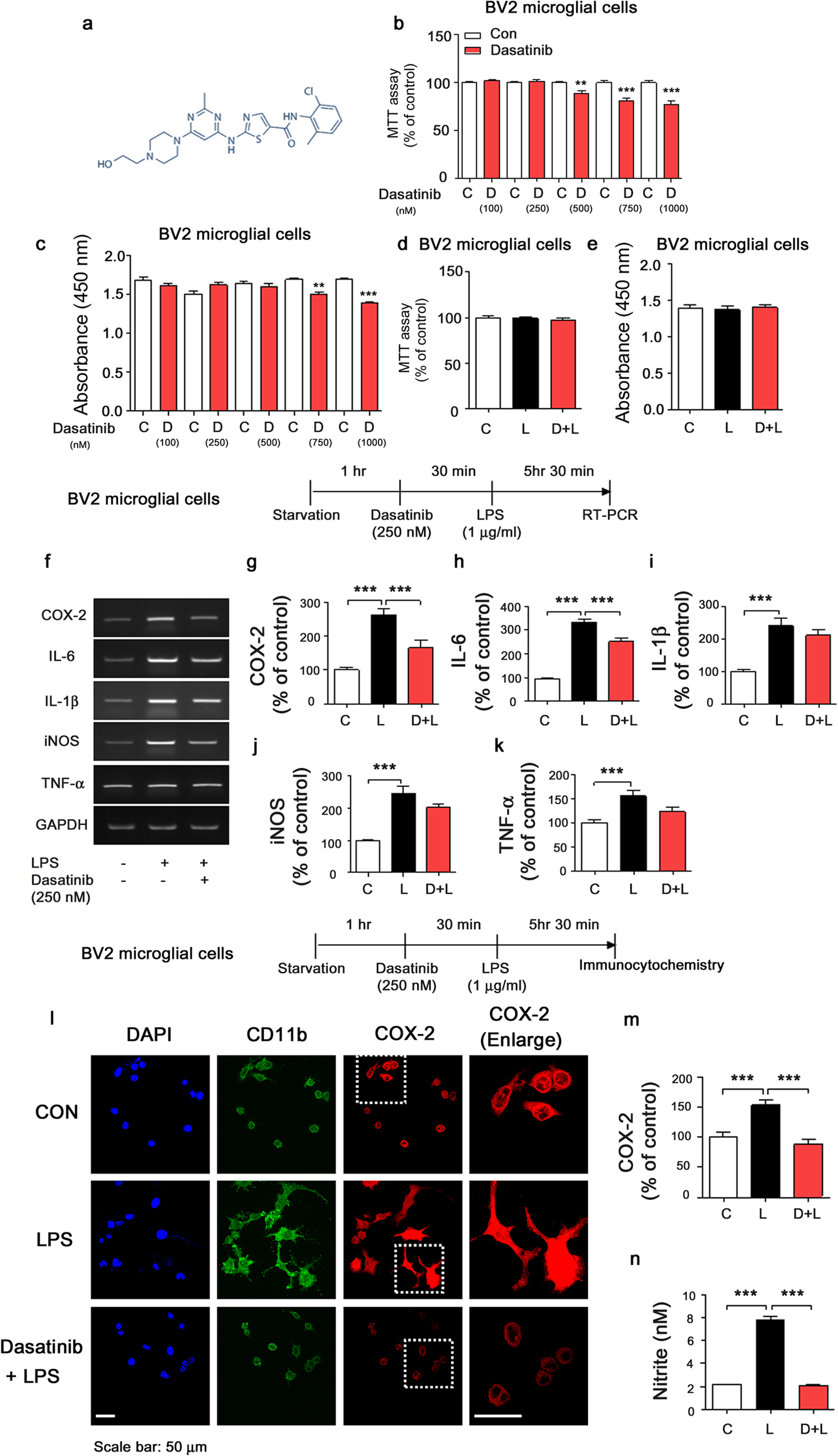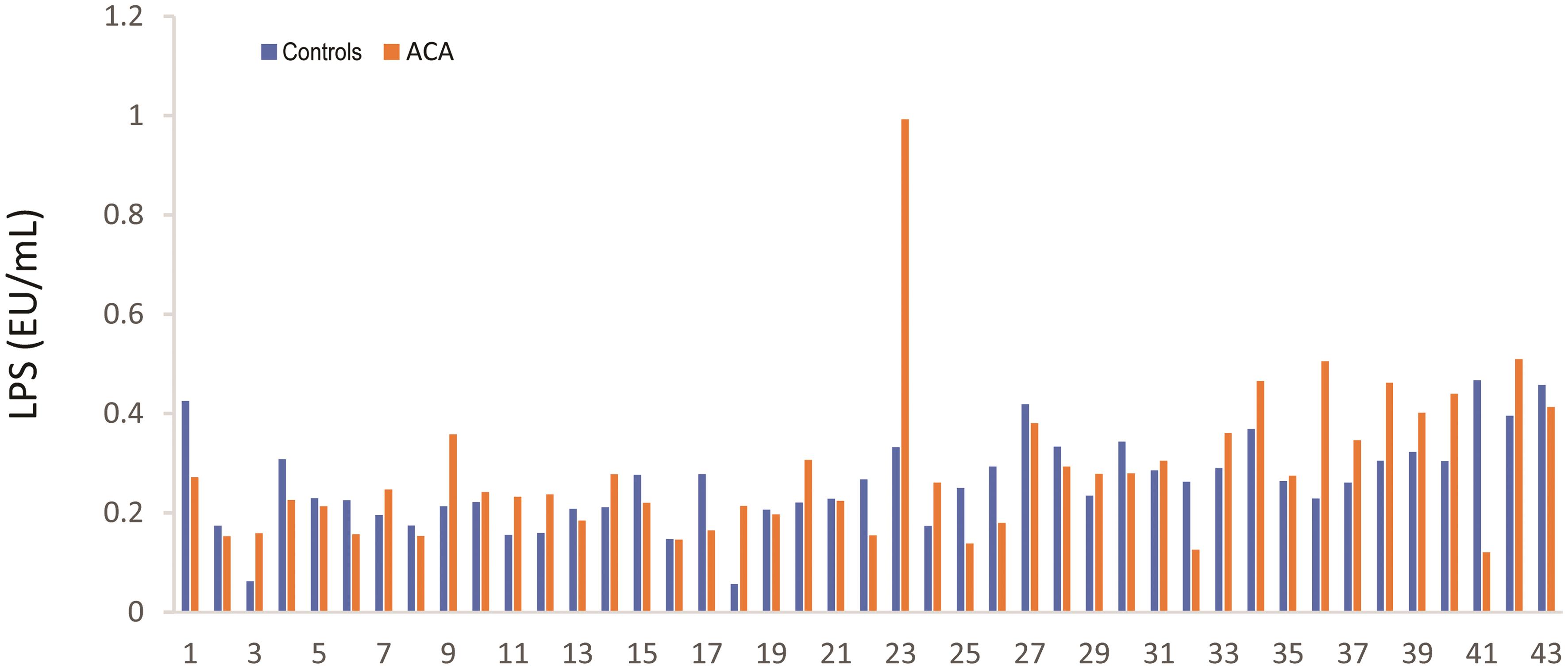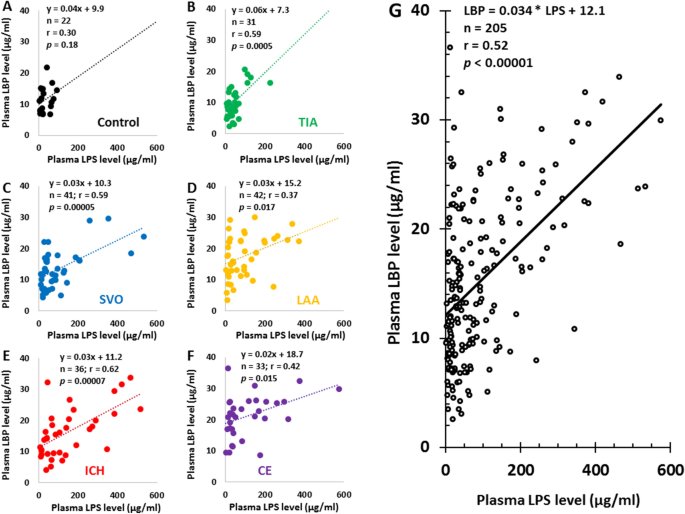Oxypeucedanin relieves LPS-induced acute lung injury by inhibiting the inflammation and maintaining the integrity of the lung air-blood barrier | Aging
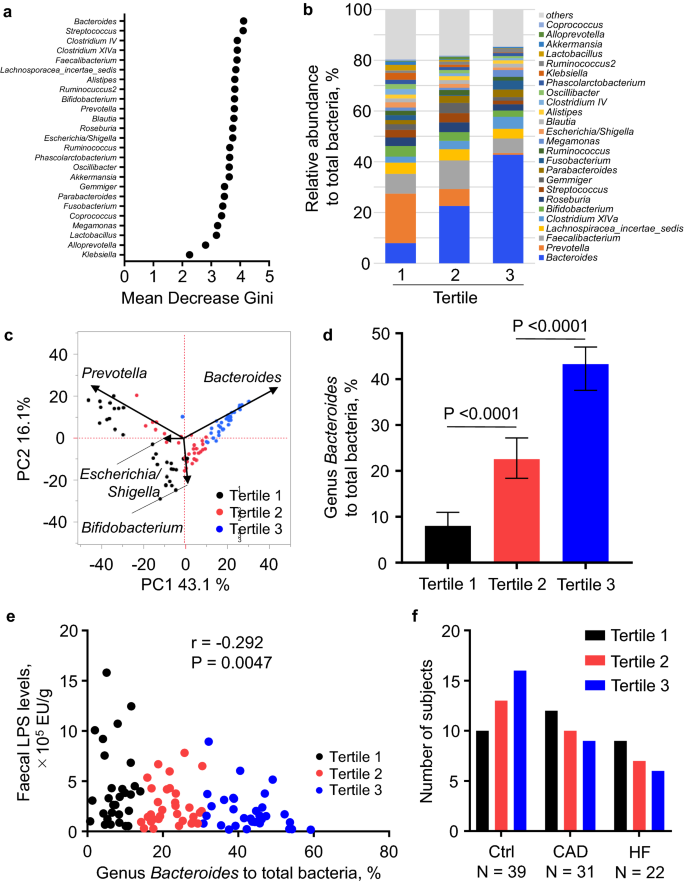
A possible beneficial effect of Bacteroides on faecal lipopolysaccharide activity and cardiovascular diseases | Scientific Reports

TRPM7 promotes lipopolysaccharide‐induced inflammatory dysfunction in renal tubular epithelial cells - Sun - 2022 - Immunity, Inflammation and Disease - Wiley Online Library
Dynamic Changes of Lipopolysaccharide Levels in Different Phases of Acute on Chronic Hepatitis B Liver Failure | PLOS ONE
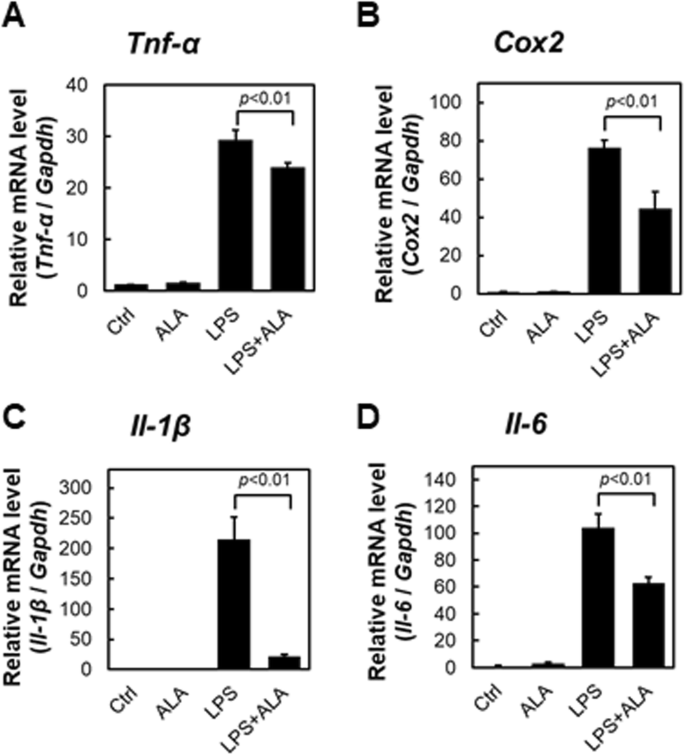
5-Aminolevulinic acid regulates the immune response in LPS-stimulated RAW 264.7 macrophages | BMC Immunology | Full Text
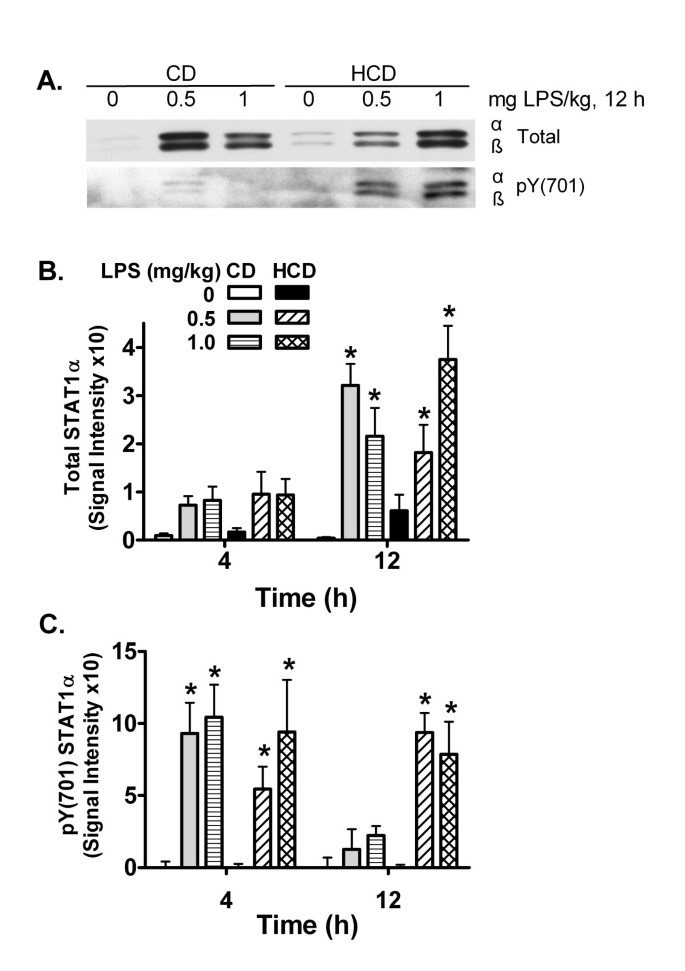
Sensitivity of mice to lipopolysaccharide is increased by a high saturated fat and cholesterol diet | Journal of Inflammation | Full Text

Serum amyloid A promotes LPS clearance and suppresses LPS‐induced inflammation and tissue injury | EMBO reports
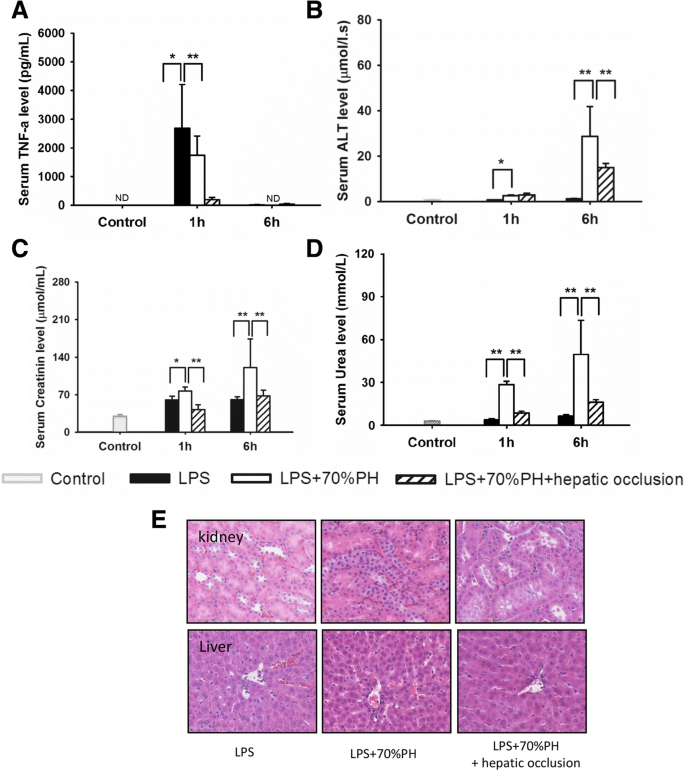
The severity of LPS induced inflammatory injury is negatively associated with the functional liver mass after LPS injection in rat model | Journal of Inflammation | Full Text
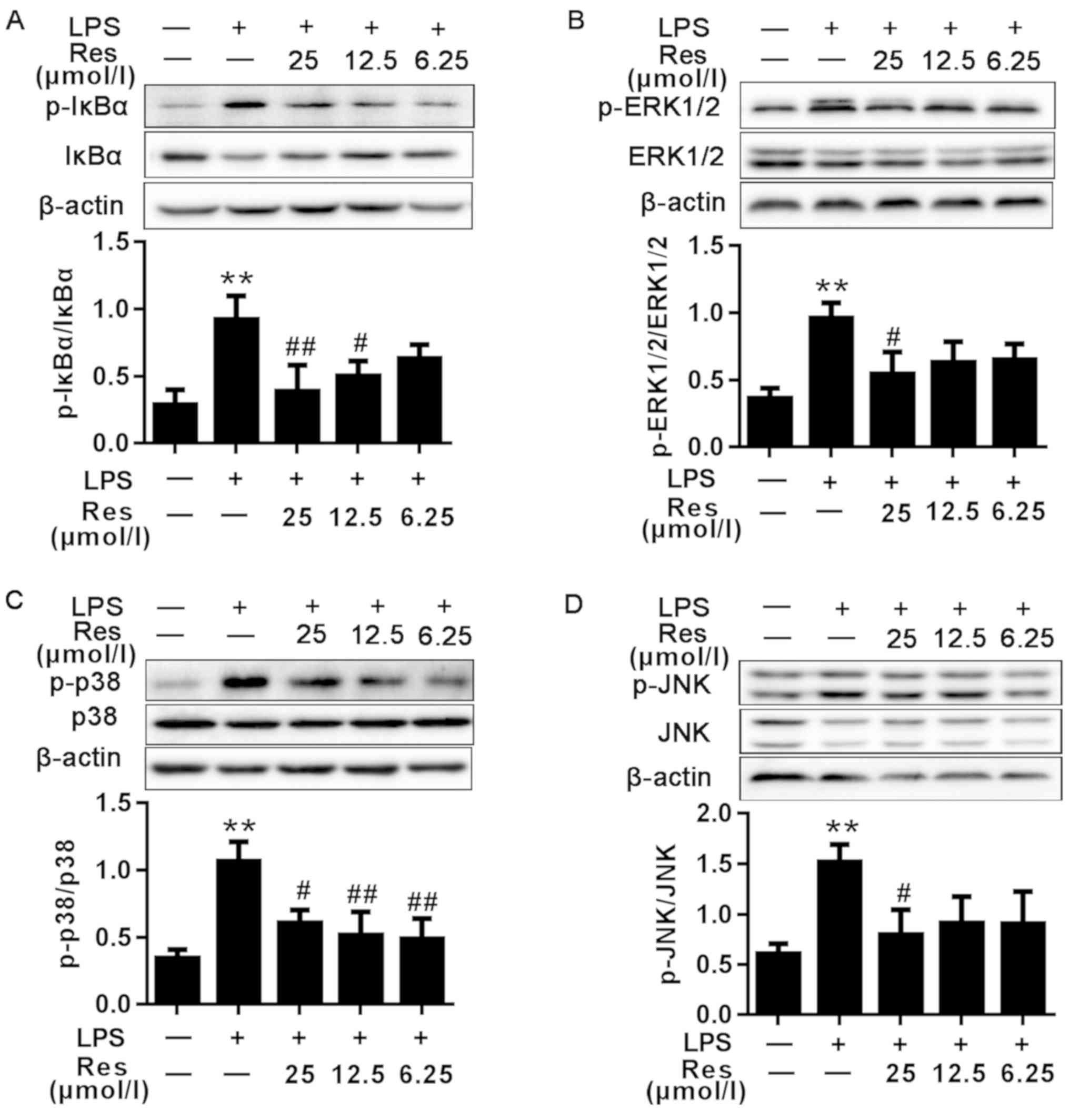
Resveratrol inhibits LPS‑induced inflammation through suppressing the signaling cascades of TLR4‑NF‑κB/MAPKs/IRF3

A chronic LPS-induced low-grade inflammation fails to reproduce in lean mice the impairment of preference for oily solution found in diet-induced obese mice - ScienceDirect

Serum Levels of Lipopolysaccharide and 1,3-β-D-Glucan Refer to the Severity in Patients with Crohn's Disease
Protective HLA alleles are associated with reduced LPS levels in acute HIV infection with implications for immune activation and pathogenesis | PLOS Pathogens

Increased LPS levels coexist with systemic inflammation and result in monocyte activation in severe COVID-19 patients - ScienceDirect

Increased levels of systemic LPS-positive bacterial extracellular vesicles in patients with intestinal barrier dysfunction | Gut

Serum amyloid A promotes LPS clearance and suppresses LPS‐induced inflammation and tissue injury | EMBO reports

Inhibition of Prostaglandin Synthesis Up-Regulates Cyclooxygenase-2 Induced by Lipopolysaccharide and Peroxisomal Proliferators | Journal of Pharmacology and Experimental Therapeutics

Lipopolysaccharide administration for a mouse model of cerebellar ataxia with neuroinflammation | Scientific Reports
